Neuroscience is discovering that the more often stories are told, the further they stray from reliability. The more the sparkly flourishes and surprising turns (the things that make stories riveting) take precedence in our tales, the deeper those details take root in our brains and sear into our neural pathways. They do it in ways that actual mundane facts cannot. (An aside: This morning I listened to a podcast in which several journalists discussed NBC news anchor Brian Williams and his fabulous -- as in incredible, as in not to be believed -- story about being in a helicopter hit by rocket-propelled grenade. One panelist said that every journalist's thought upon hearing that story was, There but for the grace of God go I, and despite having never reported from a war zone, I knew exactly what he meant.)
There's so much in this issue I will want to remember. I met one of our most acclaimed gay authors, Andrew Holleran, in a hallway outside the apartment of another of our most acclaimed gay authors, Larry Kramer. Holleran remarked on the good timing of our meeting just before I rang the doorbell, and by writing this down now, perhaps I'll be able to keep the memory of his dark winter hat and bright hello. I'll be able to recall Kramer's overalls and his wide eyes. I'll remember how the two men leaned in to hear each other speak while seated on Kramer's living room couch. I very much want to remember being the fly on that wall of that wild, rangy discussion.
During their conversation Kramer turned the questions back on his interviewer. "Why do you write?" he asked Holleran. "I couldn't not write," Holleran said. "Sometimes I ask myself, How do people get through life without writing? I write to calm anxiety, to process pain. Writing to me is reflection." That reflection is hard to find time for. And time is the reason another prolific writer, Andrew Sullivan, has announced he'll stop blogging: so he can find the time for reflection. It's also related to our new-ish discussions about our smartphones, not what they can do for us, but what we need to stop them from doing to us -- filling every idle moment, robbing us of time for reflection.
But back to memory. I want to remember the strength in Kramer's convictions, expertly captured in his advice to young would-be activists. He says, "You must not be afraid to be obnoxious or to concern yourself with what others might think of you, particularly other gays. You have a mission."
I want to remember what it feels like to celebrate marriage equality victories across the nation, what it feels like to mourn the lives of our lost colleagues-in-arms, and what it feels like to watch a tragedy unfold on TV and find a hero in our midst.
And I want to remember what it felt like to get that little plastic card, a green card with my husband's name on it, in the mail. It felt good -- it was a relief -- and our small, fifth-floor walkup suddenly felt more like home to both of us, and we celebrated with champagne.
But I know my own brain, and it's unreliable, so I'm writing it down.
Matthew Breen tweets at @matbreen
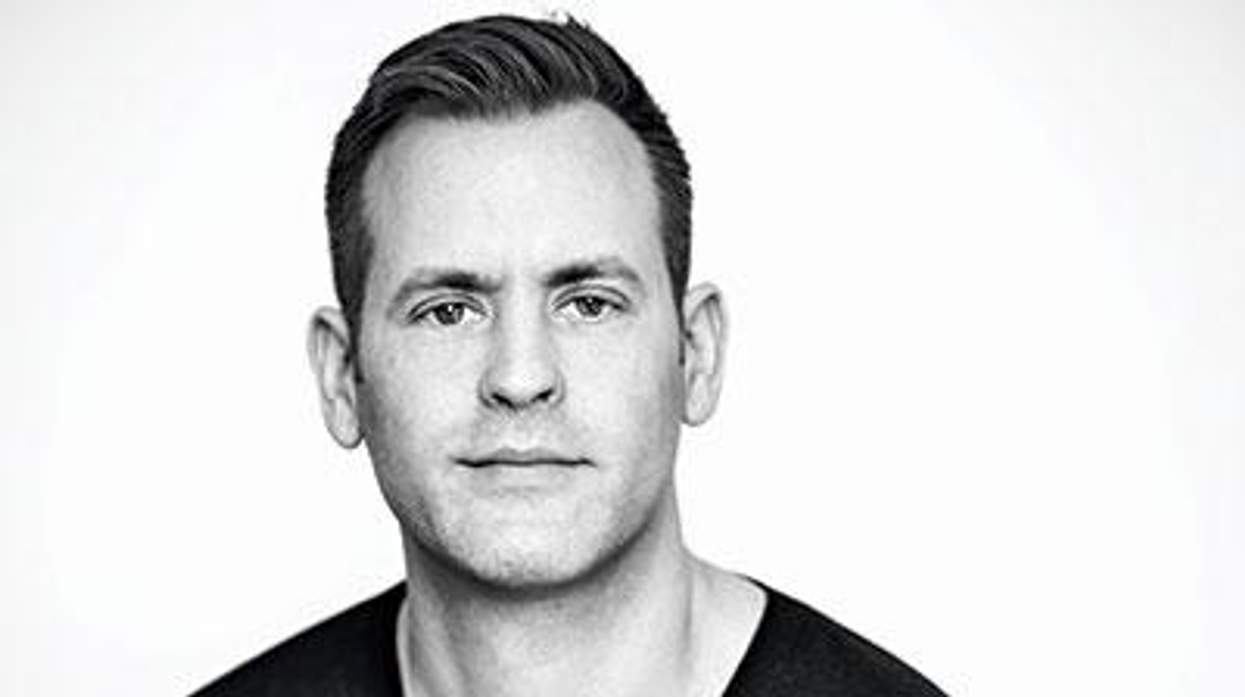














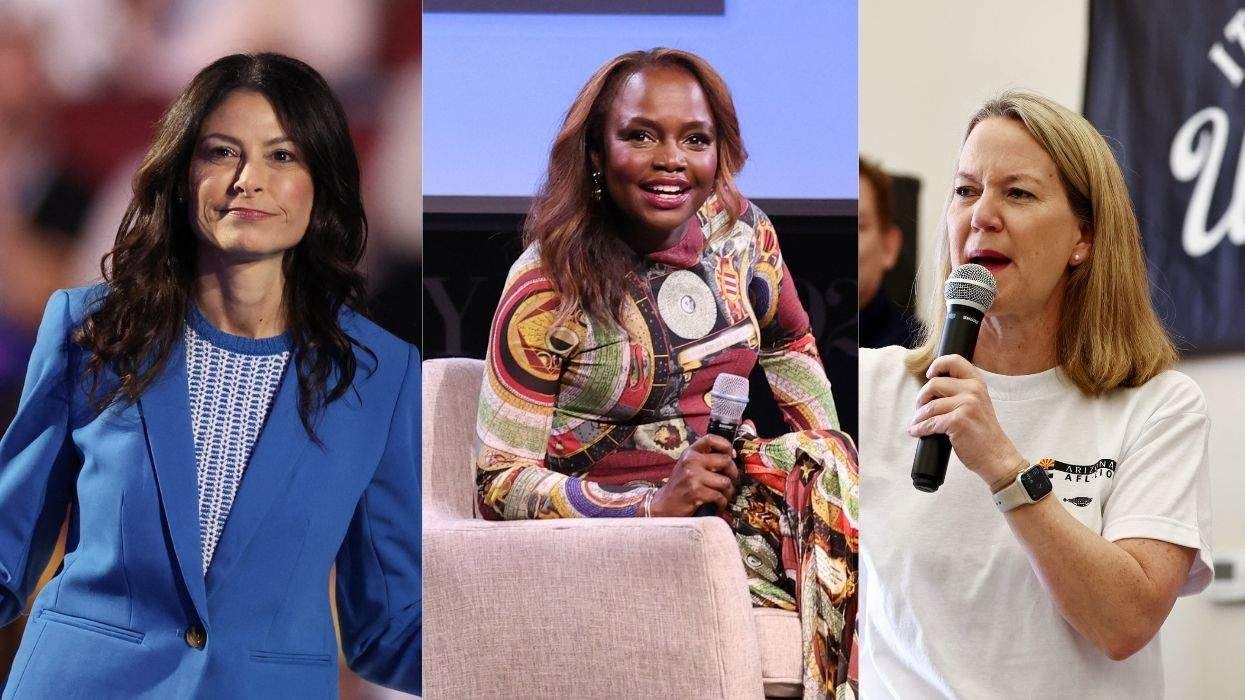



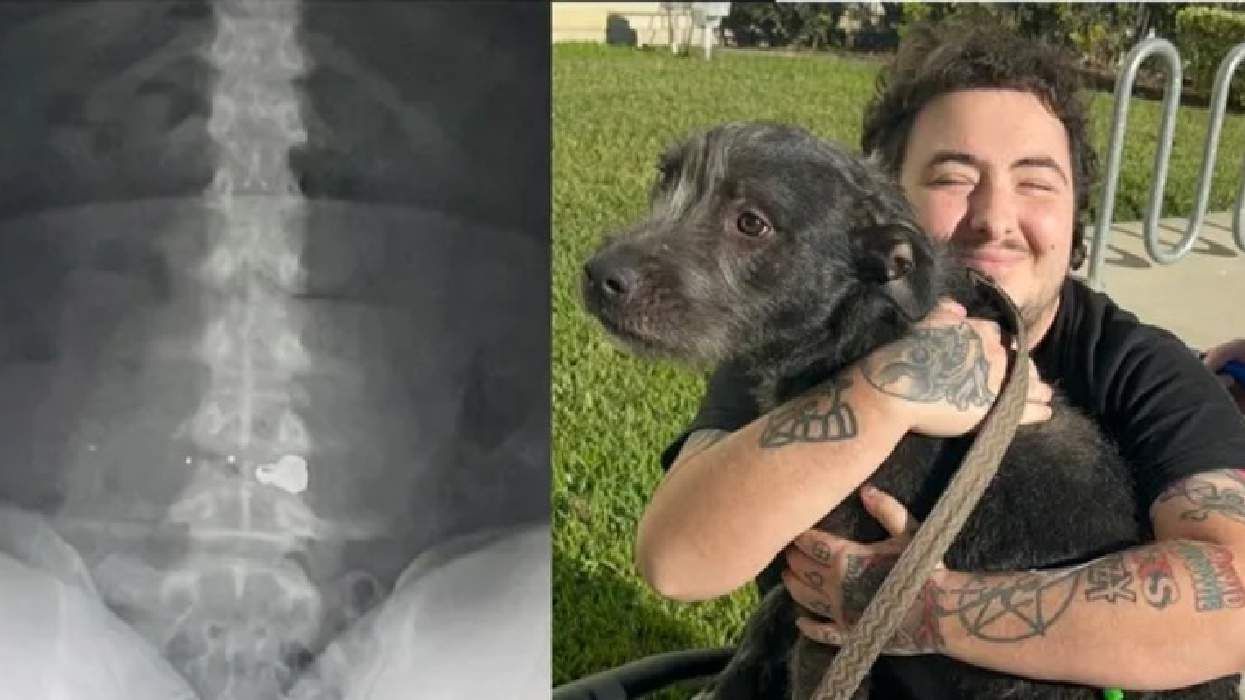

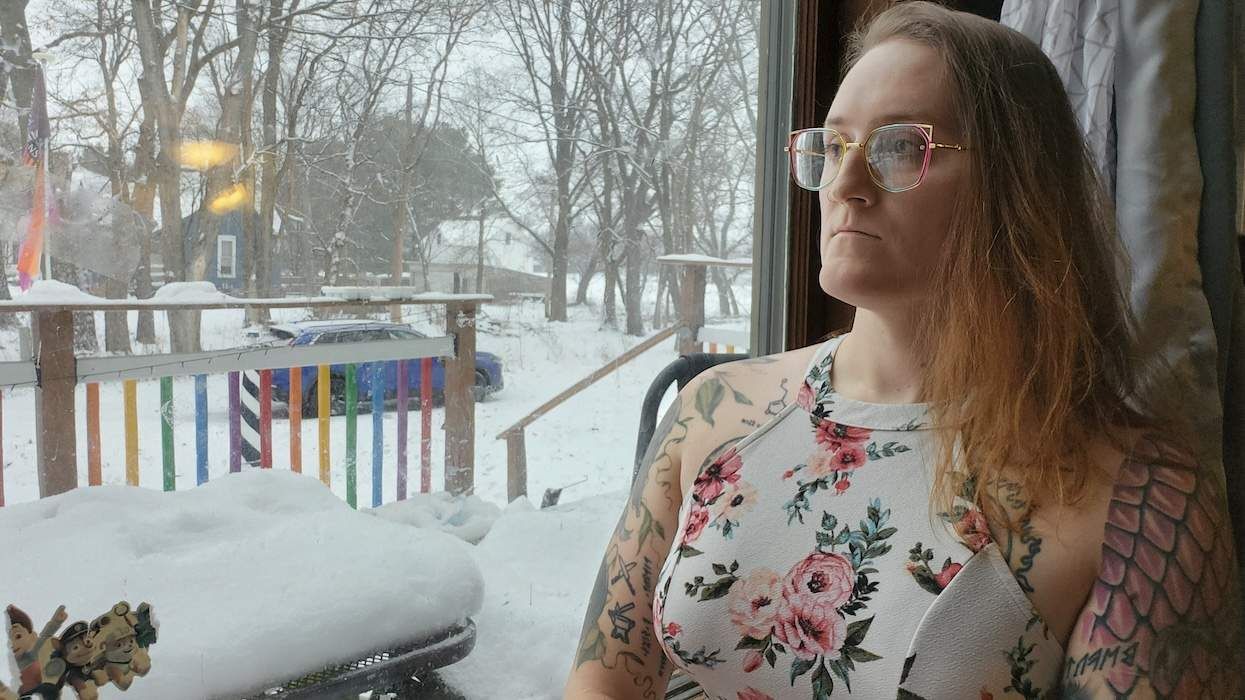

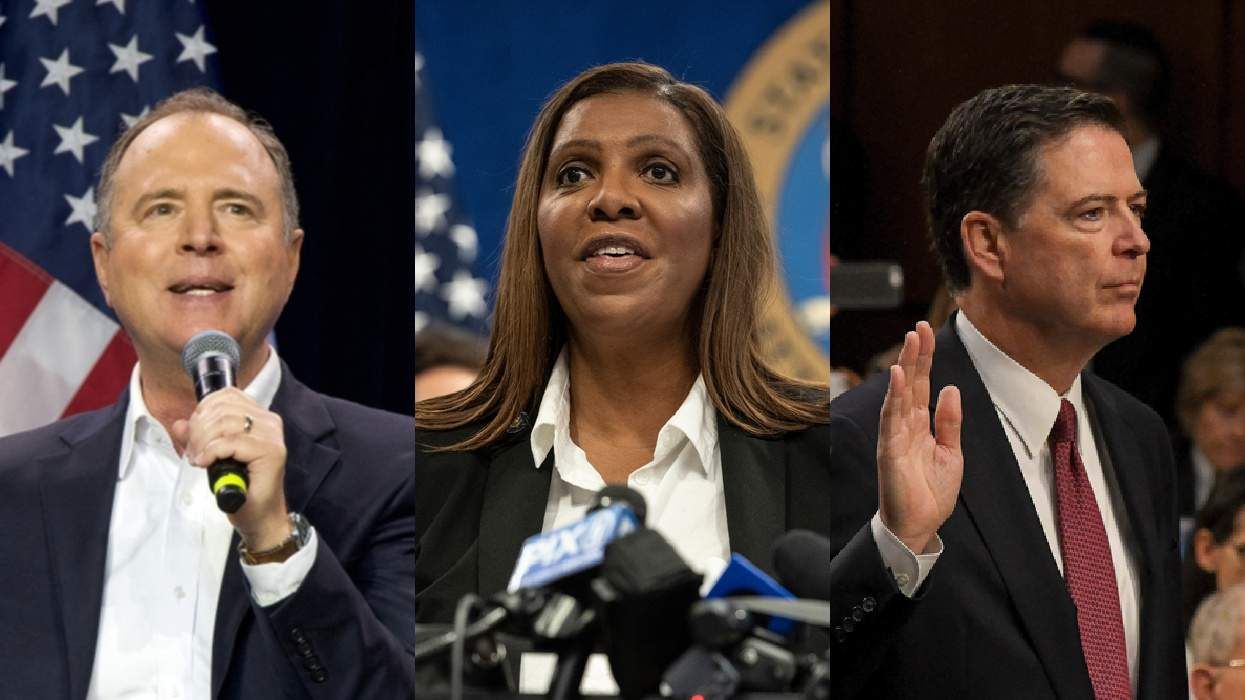

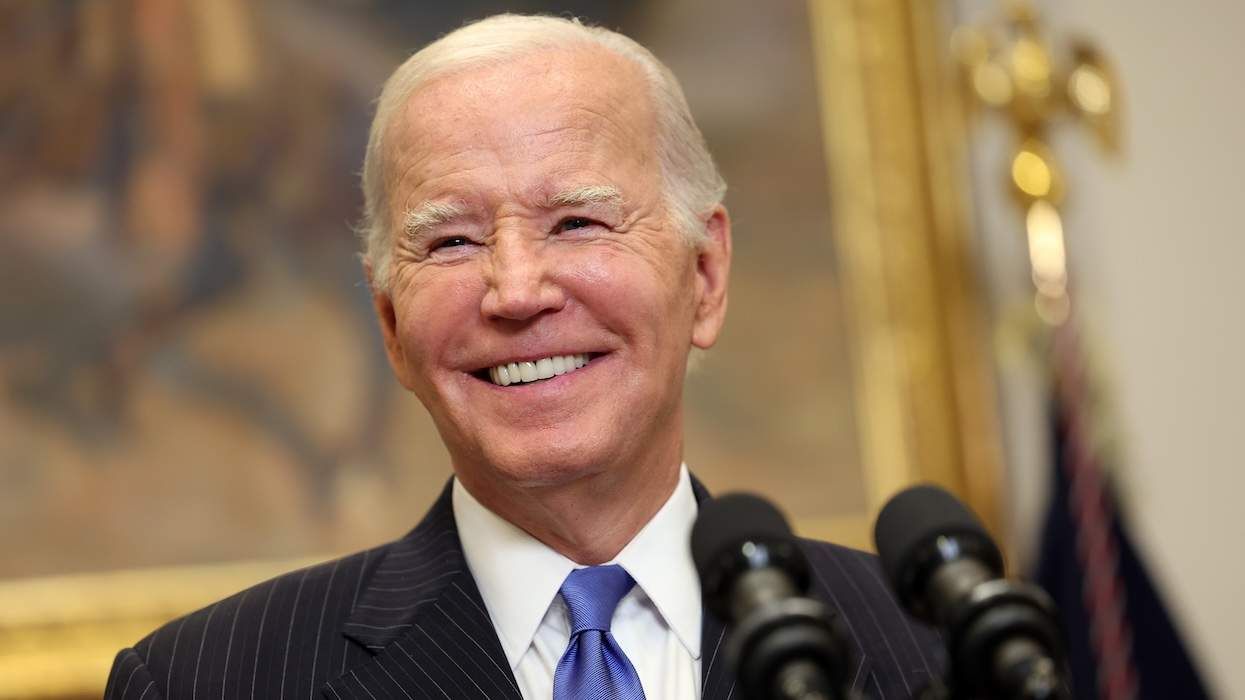
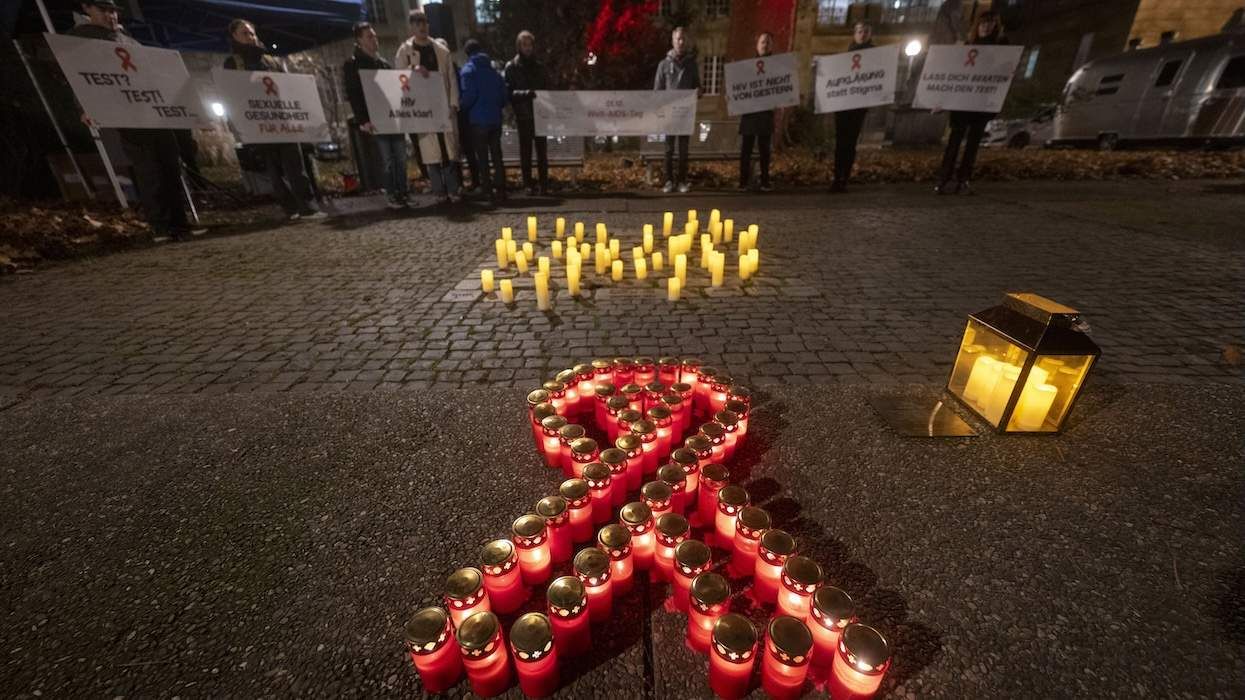























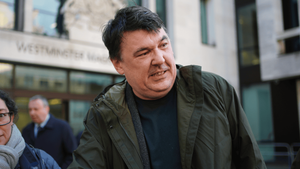

















Charlie Kirk DID say stoning gay people was the 'perfect law' — and these other heinous quotes